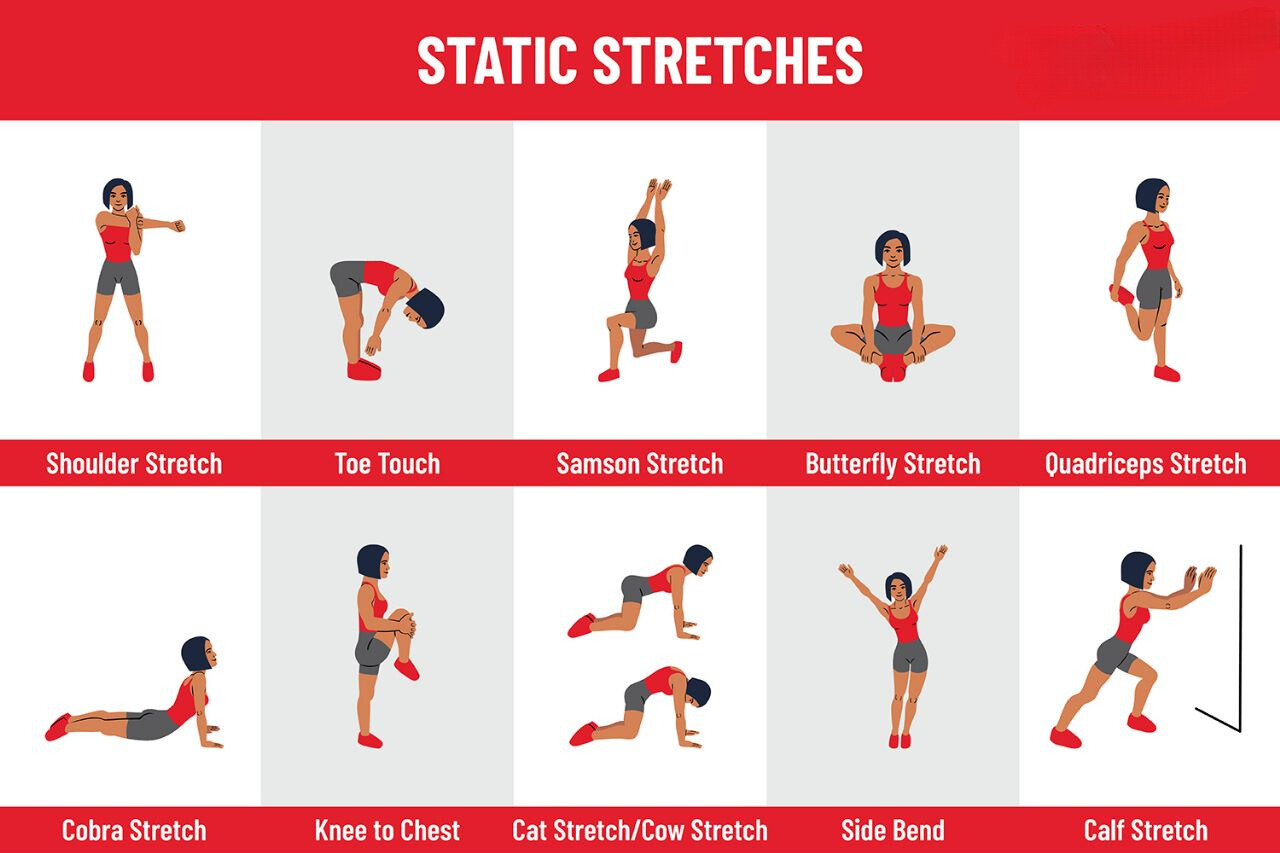Importance of Fitness: Regular physical activity and exercise are essential for maintaining overall health and preventing various chronic diseases such as heart disease, type 2 diabetes, stroke, and certain types of cancer. Fitness also helps in maintaining a healthy weight, reducing stress, improving mood, and boosting energy levels.

Types of Exercise: There are three main types of exercise - aerobic exercise, strength training, and flexibility exercises. Aerobic exercises, such as running, swimming, and cycling, focus on increasing cardiovascular fitness. Strength training involves using resistance, like weights or resistance bands, to build muscle strength and endurance. Flexibility exercises include stretching and yoga to improve joint mobility and prevent injuries.
Recommended Exercise Guidelines: The American Heart Association and the World Health Organization recommend adults engage in at least 150 minutes of moderate aerobic activity or 75 minutes of vigorous aerobic activity per week, along with strength training exercises twice a week. Children and adolescents should aim for at least 60 minutes of physical activity every day.
Benefits of Regular Exercise: Regular exercise offers numerous benefits, including increased muscle strength and endurance, improved heart health, better sleep quality, increased bone density, enhanced mood and cognitive function, boosted immune system, and reduced risk of chronic diseases.

Creating an Exercise Routine: When starting or maintaining a fitness routine, it's important to consider your individual goals, fitness level, and any medical conditions. Gradually increase the intensity and duration of your exercise sessions over time. Variety is also crucial to prevent boredom and work different muscle groups. It can be helpful to consult a fitness professional to design a personalized exercise plan.
Safety and Injury Prevention: To exercise safely, warm-up before starting any activity, wear appropriate footwear and clothing, hydrate adequately, and listen to your body's cues. Start slowly and gradually build intensity to avoid overexertion or injuries. If you have any chronic conditions or concerns, consult with a healthcare professional.
Nutrition and Fitness: Alongside exercise, maintaining a balanced and nutritious diet is important for overall health and fitness. Fueling your body with the right nutrients, including whole grains, lean proteins, fruits, vegetables, and healthy fats, can help support your exercise performance and recovery.
Remember, it's always advisable to consult with a healthcare professional or fitness expert before starting a new exercise regimen, especially if you have any pre-existing medical conditions or concerns.